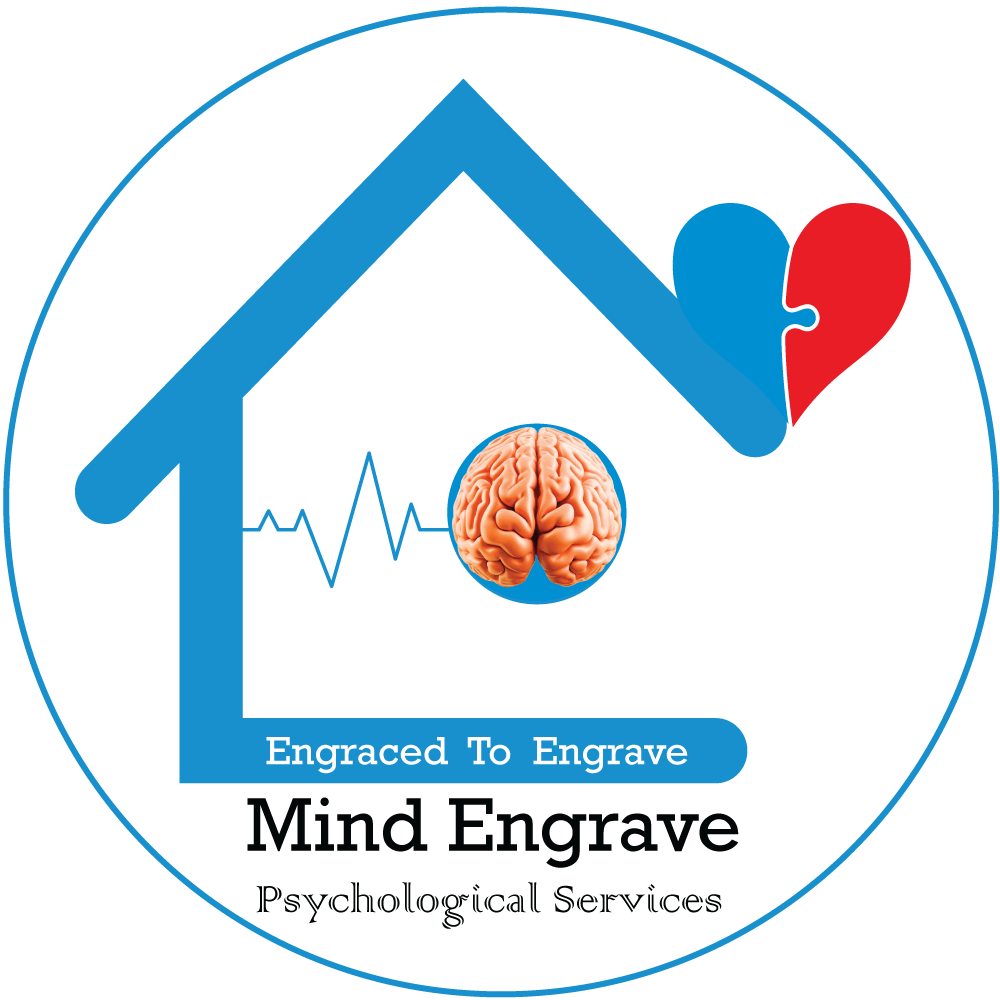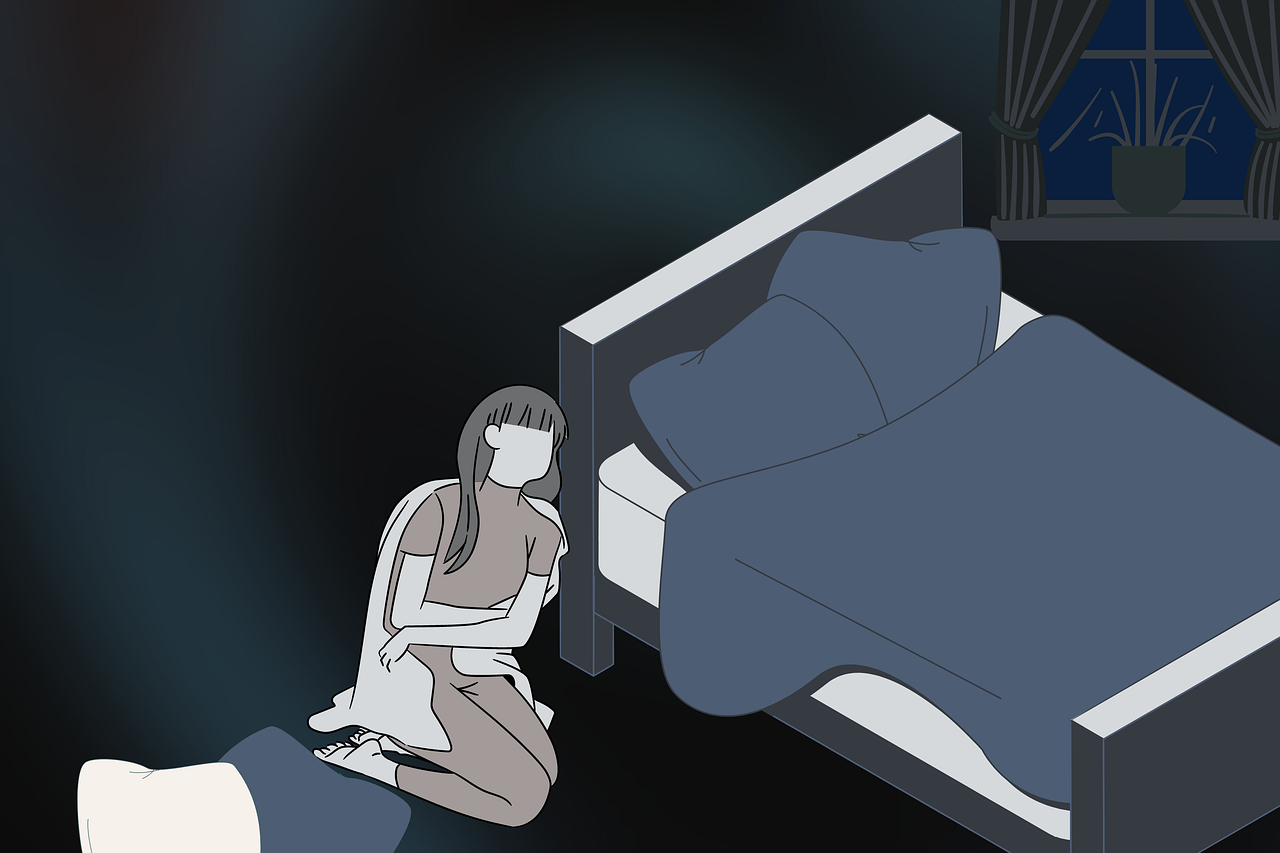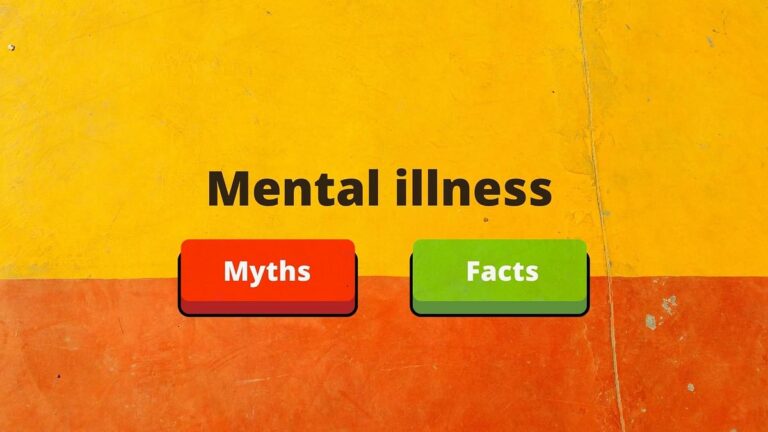Insomnia Comorbidities: Conditions Often Linked to Sleeplessness
Insomnia often occurs alongside other medical and psychiatric conditions, which can both contribute to and be exacerbated by sleep difficulties. Recognizing these insomnia comorbidities enables a more informed, comprehensive approach to assessment and treatment. Scientific research shows that in many cases, insomnia is not merely a symptom but a co‑existing disorder that merits independent attention and intervention [1]. Below, ten common comorbid conditions are described, each supported by evidence.
- Major depressive disorder and mood disorders: Depression and insomnia frequently coexist. Epidemiological studies indicate that over half of individuals with insomnia meet criteria for depression, and insomnia often increases the risk of developing depression [2]. This relationship is bidirectional wherein persistent insomnia can trigger depression, while depression can disrupt sleep regulation, creating a self-perpetuating cycle [3] [1].
- Anxiety disorders and post‑traumatic stress disorder (PTSD): Anxiety disorders, including generalized anxiety, panic disorder, and PTSD, share high rates of insomnia. Meta‑analyses estimate that up to two‑thirds of individuals with PTSD report insomnia, and anxiety heightens hyperarousal at bedtime that impedes sleep onset [4] [5] .
- Chronic pain syndromes: Conditions such as arthritis, fibromyalgia, lower back pain, and migraine commonly coexist with insomnia. Chronic pain disrupts sleep through nighttime discomfort and physiological arousal, while insomnia can amplify pain perception and reduce tolerance [2] [6].
- Obstructive sleep apnea (OSA): Many individuals with OSA also experience insomnia symptoms, a combination known as COMISA. Patients suffer both breathing disruptions during sleep and insomnia-related onset or maintenance waking. Optimal treatment often addresses both concurrently [6].
- Neurological and movement disorders: Disorders such as Parkinson’s disease, Alzheimer’s disease, restless legs syndrome, and periodic limb movement disorders frequently impair sleep. These neurological conditions disrupt sleep architecture and perpetuate insomnia symptoms [7] [6].
- Cardiometabolic diseases (e.g., diabetes, cardiovascular disease): Chronic insomnia is associated with elevated risk of hypertension, heart disease, stroke, and type 2 diabetes. Disrupted sleep influences metabolic regulation and inflammatory pathways that contribute to these conditions [2] [8].
- Psychiatric disorders beyond mood and anxiety: Insomnia also co-occurs with disorders such as bipolar disorder, schizophrenia, and ADHD. In ADHD, for example, insomnia is common and often manifests as delayed sleep onset and poor sleep quality, sometimes linked to restless legs or medication side effects [9].
- Substance use disorders: Use of alcohol, nicotine, caffeine, stimulants, or sedative‑hypnotic medications may disrupt sleep and lead to or reinforce insomnia. Insomnia may also develop during withdrawal, further complicating recovery from substance misuse [4] [2].
- Gastrointestinal disorders (e.g., GERD, IBS): Acid reflux or gastrointestinal discomfort often worsens when lying down, leading to nocturnal awakenings. These recurring disruptions can establish chronic insomnia patterns [2] [6].
- Others: immune, endocrine, and genetic conditions: Insomnia shares biological pathways with immune dysregulation, altered stress‑response systems, and neuroendocrine imbalance. Genetic predisposition—reflected in shared genes with psychiatric and metabolic traits—can increase vulnerability to both insomnia and comorbid disease [3] [8].
These ten comorbid conditions demonstrate how insomnia often exists not in isolation but as part of a broader constellation of health challenges. Prevalence studies suggest that up to 50% of insomnia patients seen in clinical settings have at least one significant comorbid condition [2]. Insomnia’s persistence frequently sustains or worsens comorbid disorders, and vice versa [6] [3].
Treatment studies reinforce the importance of addressing insomnia as a distinct but intertwined condition. For instance, cognitive behavioral therapy for insomnia (CBT‑I) improves both insomnia symptoms and depression in comorbid patients, often more effectively than treating depression alone [10]. Similar benefits have been seen when CBT‑I is applied alongside treatment for anxiety disorders, chronic pain, PTSD or OSA, underscoring the need for integrated management [11] [12].
Understanding insomnia comorbidities informs tailored treatment planning. A comprehensive evaluation should screen for mood and anxiety disorders, pain syndromes, respiratory and neurological conditions, and lifestyle factors such as substance use and gastro‑intestinal symptoms. Addressing insomnia directly, not only as a symptom, but as a frequently co-occurring disorder, enhances overall outcomes.
In summary, insomnia commonly coexists with conditions including mood disorders, anxiety and PTSD, chronic pain, OSA, neurological illnesses, cardiometabolic disease, ADHD and other psychiatric disorders, substance use, gastrointestinal disorders, and biological vulnerabilities. Scientific evidence supports a bidirectional and self-reinforcing relationship between insomnia and these comorbidities. Early recognition and simultaneous management of insomnia alongside associated conditions using evidence-based therapies, especially CBT‑I, are essential for improving sleep health and overall well-being.

Odusanya Adedeji
Odusanya Adedeji A., is a Licensed & Certified Clinical Psychologist whose domain of expertise cuts across management of specific mental health issues such as, Depression, PTSD, Anxiety & Anxiety related disorders, substance use disorder, etc







